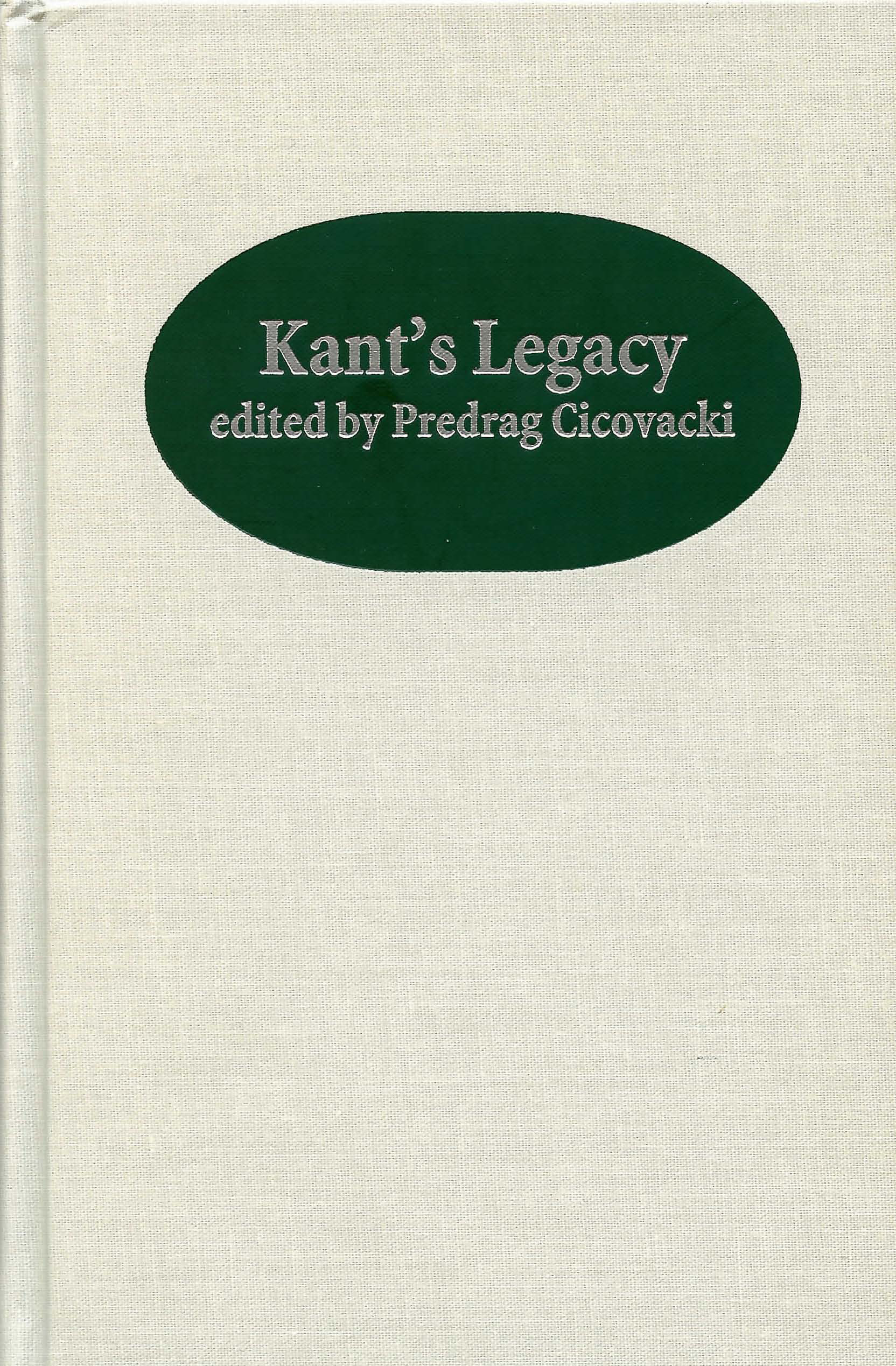The Problem of Time in Kant
Published online by Cambridge University Press: 22 March 2023
Summary
To the present day the problem of time remains unresolved. Recognized as a problem already by Zeno, Aristotle, and Augustine, time emerges ever anew as problematic because its continuity is conceived in exactly the same manner as the continuity of space. It may appear justified to conceive of it in that way inasmuch as this continuity of space and time stands for the continuity of their extension. The extension of space and time is assumed to be their common feature. The continuity of extension must be common to space and time, or it is at least commonly believed to be so.
In the case of space, however, the relation between such a continuity of extension and discreteness is always one of alternatives, regardless of the considered dimension. This becomes clear when we realize that the continuity of extension of a three-dimensional body always lies outside the two-dimensional surface that forms its boundary. Correspondingly, the continuity of extension of a two-dimensional surface lies always outside the one-dimensional line that bounds that surface. Furthermore, the continuity of extension of a one-dimensional line lies also always outside a zero-dimensional point, which forms its boundary.
It is precisely this relation of alternatives between continuity and discreteness—which in the last mentioned case of the line consists in the relation between extension and point—which in the case of time has produced this persistent and unresolved problem. If the “either—or” relation between point and extension is posited as fundamental in the case of time, the specificity of time is forfeited. It appears, therefore, that the specific nature of time must consist in the relation of “as well as” of extension and point; yet this seems to create a contradiction, to which time must fall victim always anew. All these problems have appeared in Zeno, Aristotle, and Augustine, and numerous times after them.
It is remarkable that to the present day it has never been seriously considered whether this difficulty is perhaps not self-made. Does it not arise only because of the arbitrary assumption that continuity and discreteness in the case of time are related in the same way as in the case of space? The relation of alternatives between continuity and discreteness is too firmly taken as self-evident to be arrived at on the basis of critical considerations.
- Type
- Chapter
- Information
- Kant's LegacyEssays in Honor of Lewis White Beck, pp. 153 - 166Publisher: Boydell & BrewerPrint publication year: 2001
- 3
- Cited by

